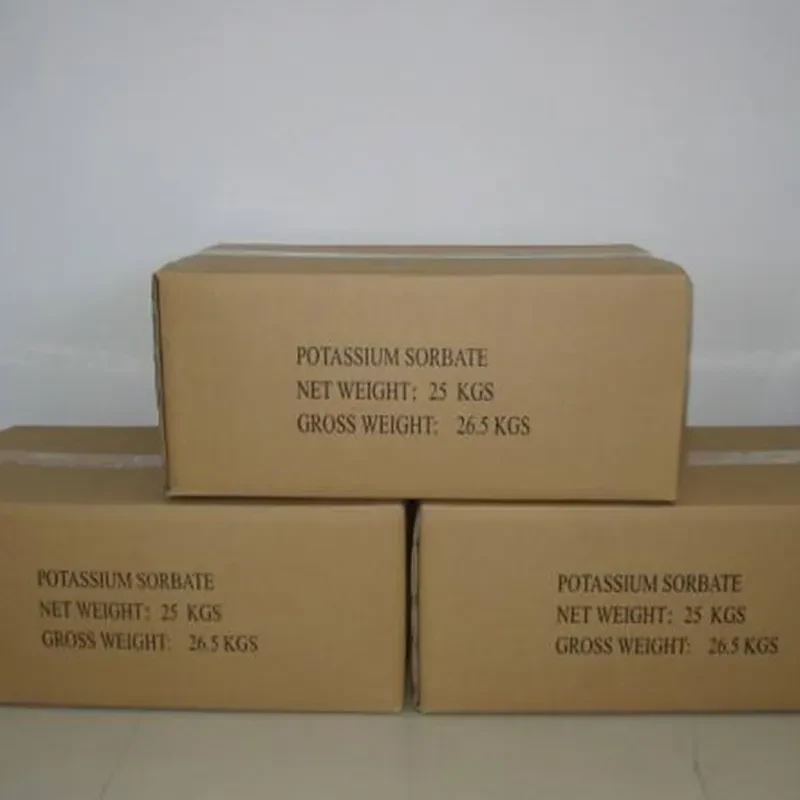
preservatives used in potato chips
The Role of Preservatives in Potato Chips Production
Potato chips are one of the most popular snack foods worldwide, enjoyed for their crunchiness and rich flavors. However, the manufacturing process of these beloved snacks involves the addition of various preservatives, aimed at extending their shelf life, maintaining flavor, and ensuring food safety. Understanding the types and purposes of preservatives used in potato chips can provide valuable insights into both food science and consumer awareness.
Preservatives play a crucial role in preventing spoilage caused by microbial growth, oxidation, and other deteriorative processes. Among the most commonly used preservatives in potato chips are antioxidants, such as tocopherols (Vitamin E) and ascorbic acid (Vitamin C), which help prevent fats from becoming rancid. Rancidity not only affects the taste and texture of potato chips but can also lead to the formation of harmful compounds over time.
Another category of preservatives often seen in potato chips is sodium-based preservatives, such as sodium bisulfite. These compounds are effective at inhibiting the growth of spoilage bacteria and fungi. Moreover, sodium phosphate can be utilized to improve the texture and mouthfeel of potato chips while also serving as a preservative by controlling pH levels during processing.
preservatives used in potato chips

Additionally, food manufacturers also rely on preservatives to enhance visual appeal and flavor retention. While flavoring agents are integral to creating diverse varieties of potato chips—from classic salted to exotic spices—preservatives ensure that these flavors remain vibrant throughout the product’s shelf life. For example, citric acid is commonly used to maintain bright colors and a fresh taste in potato chips, while also providing slight acidity that can enhance overall flavor.
Despite the benefits offered by preservatives, there has been growing concern among consumers regarding their long-term health effects. Some people are wary of artificial preservatives, believing that they may be linked to various health issues, including allergies and digestive problems. This has prompted food manufacturers to explore natural alternatives. Today, some brands emphasize using natural preservatives or even relying on vacuum packaging techniques to extend shelf life without the need for synthetic additives.
Additionally, labeling laws require that any preservatives used in food products be declared on packaging, allowing consumers to make informed decisions. This transparency has led to a trend in clean-label products, which appeal to those seeking minimally processed snacks without artificial ingredients. Brands are keen to highlight their use of natural preservatives and emphasize their commitment to health-conscious consumers.
In conclusion, preservatives used in potato chips serve essential roles in prolonging shelf life, enhancing flavor, and maintaining product quality. While they are critical to the preservation process, the growing consumer awareness surrounding food additives has shifted the market towards more natural options. As the snack food industry evolves, it will be interesting to see how the balance between preservation and natural ingredients continues to develop, allowing consumers to enjoy their favorite snacks while adhering to their dietary preferences.
-
Sodium Dichloroisocyanurate Safety Handling ProtocolsNewsJul.29,2025
-
Mining Chemicals for Copper Extraction Processes GuideNewsJul.29,2025
-
Fertilizer for Sale Shipping and Storage TipsNewsJul.29,2025
-
Dimethyl Disulfide as Sulfurizing AgentNewsJul.29,2025
-
Benzotriazole Safety Data Handling and Storage GuidelinesNewsJul.29,2025
-
Ammonium Bicarbonate Safety Handling Storage GuidelinesNewsJul.29,2025
-
The Transformative Role Of Trichloroisocyanuric Acid in Water TreatmentNewsJul.23,2025
Hebei Tenger Chemical Technology Co., Ltd. focuses on the chemical industry and is committed to the export service of chemical raw materials.
-

view more DiethanolisopropanolamineIn the ever-growing field of chemical solutions, diethanolisopropanolamine (DEIPA) stands out as a versatile and important compound. Due to its unique chemical structure and properties, DEIPA is of interest to various industries including construction, personal care, and agriculture. -

view more TriisopropanolamineTriisopropanolamine (TIPA) alkanol amine substance, is a kind of alcohol amine compound with amino and alcohol hydroxyl, and because of its molecules contains both amino and hydroxyl. -

view more Tetramethyl Thiuram DisulfideTetramethyl thiuram disulfide, also known as TMTD, is a white to light-yellow powder with a distinct sulfur-like odor. It is soluble in organic solvents such as benzene, acetone, and ethyl acetate, making it highly versatile for use in different formulations. TMTD is known for its excellent vulcanization acceleration properties, which makes it a key ingredient in the production of rubber products. Additionally, it acts as an effective fungicide and bactericide, making it valuable in agricultural applications. Its high purity and stability ensure consistent performance, making it a preferred choice for manufacturers across various industries.











